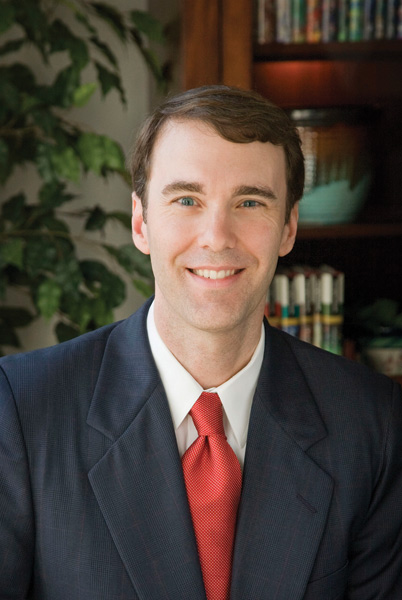"The highest and best use of power is when it is put in the service of those who have none..."
 Christian Union: The Magazine recently interviewed D. Michael Lindsay (Princeton Ph.D. '06), the president of Gordon College and a Pulitzer Prize-nominated sociologist. Dr. Lindsay's latest book, View from the Top: An Inside Look at How People in Power See and Shape the World, is the culmination of an unprecedented Platinum Study of 550 top CEOs and senior officials.
Christian Union: The Magazine recently interviewed D. Michael Lindsay (Princeton Ph.D. '06), the president of Gordon College and a Pulitzer Prize-nominated sociologist. Dr. Lindsay's latest book, View from the Top: An Inside Look at How People in Power See and Shape the World, is the culmination of an unprecedented Platinum Study of 550 top CEOs and senior officials.CU: Your first book was entitled Faith in the Halls of Power: How Evangelicals Joined the American Elite. Even though View from the Top is about leaders from various backgrounds, did faith and achievement again intersect in any way?
ML: I found Christ's example of sacrificial leadership modeled again and again in the lives of what I call "platinum leaders," those who have risen to the top of their institutions and are able to catalyze change. The relational dimension of leadership requires those who seek influence to think carefully about the ways their personal values and faith commitments intersect with their responsibilities. View from the Top was written for a general audience, but I think faith is so essential to good leadership that I added a conclusion to the text that seeks to explain how the two relate. Luke 12:48 says, "Unto whom much is given, much is required." The key idea of the book is that responsibility accompanies leadership. We must use the blessings we are given to bless others. The highest and best use of power is when it is put in the service of those who have none.
CU: As a leadership development ministry, Christian Union has a vested interest in mentoring. In View from the Top, you indicate the important role mentoring has played with some top executives. Could you elaborate?
ML: Mentorship is key for the development of young leaders. It is essential for providing access to well-connected networks and also for passing down wisdom and experience. In the stories of many leaders, I found a series of mentoring chains. For example, Harvard Kennedy School professor Dick Neustadt invested in the life and career of young NAACP lawyer Vernon Jordan, in particular by inviting him to join the Bilderberg Conference. Years later, Jordan invited his friend and protégé Bill Clinton to the conference, introducing him to other global leaders. Indeed, we all benefit from mentors who take an interest in our lives and help us become all that God wants us to be.
CU: In View from the Top, one of your chapters is entitled "Lead With Your Life: Because It's Much More than a Job." How do we lead with our lives? Who is someone that embodies this trait?
ML: As I quickly learned after becoming the president of Gordon, institutional leadership is much, much more than a 9-5 job. The CEO or the president is so closely associated with her organization that their very life must reflect the institution's values. Every leader who aspires to make a significant difference in her firm, industry, or in society must inspire her constituents, not only with her words, but with her actions, habits, and traits. The quickest way to bring down a political opponent is to uncover marital infidelity; voters surmise that a politician unfaithful to his wife will be unfaithful to his political promises. Similarly, when CEOs institute layoffs and pay cuts, while simultaneously raking in millions, employees, shareholders, and the general public resent the hypocrisy. One of my favorite examples (of leading with your life) is Colleen Barrett, the former president of Southwest Airlines, who really embodied the friendly and helpful persona of the airline.
CU: Talk about the role that large institutions play in shaping culture and why you encourage your students to embrace, not avoid large institutions when they look for jobs.
ML: The conceit of the Internet age is that now anyone with a wireless connection has the capability to influence millions—through a tweet, viral video, or Tumblr feed. Though widespread, these ephemeral forms of communication are not nearly as weighty as major institutions such as Harvard University, Procter & Gamble, the Wall Street Journal, or the Supreme Court. Events such as the Arab Spring of 2011 demonstrate that social media can precipitate revolutions, but they cannot maintain and organize the revolutionary impulse for long-term change. For that, society relies on institutions. By becoming part of these influential entities, students can begin to leverage their God-given talents for the widest impact.





